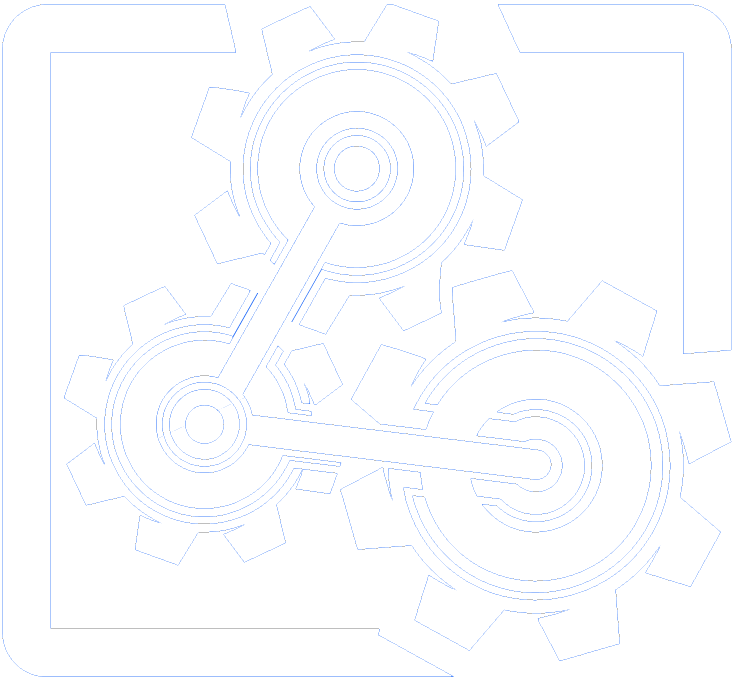Better is Better
I started messing around with the game of golf back when I was a kid, and got good enough through my efforts to be a starting member of my high school’s golf team for 3 years. I wasn’t quite good enough to play at the college level and soon drifted further away from the sport as college turned into grad school. However, as time passed, I was able to reconnect to my game and spend enough time playing and practicing that I got pretty good at it. I was routinely shooting in the mid-70’s by this point, and it became a point of pride for me that I had developed and refined my skills to that high a level without ever taking any professional lessons. I felt really proud about being able to get so good by applying my own effort and attention to my game.
One day I was out at a local course and got paired up with this older guy, Steve, who was also quite good. We were enjoying our afternoon playing together and each did our part to have fun while also spurring on some friendly competition. After we finished the first 9 holes I was up by a few strokes, and had been able to pull off a few pretty tidy saves with some good shots along the way. As we teed off on the 10th hole Steve turned to me and asked where I had learned the game. I replied, “Oh, nowhere, I’m self-taught. I’ve just spent a lot of time trying to get a better sense of how to get the ball going where I want it to.” Usually that type of comment would get some compliments or accolades, but Steve simply turned to me and said, “Oh, that’s really too bad.”
Somewhat taken aback, and slightly confused, I replied, “Too bad? How so?”
Steve paused, turned to face me directly, and simply asked “Well, how much better do you think you could have been if you had just taken some lessons along the way?”
That simple question, accompanied by the immediate obviousness of my folly of having taken pride in my rough skills, literally stopped me in my tracks.
“How much better do you think you could have been if you had taken a few lessons along the way?” echoed in my head for the rest of the round.
That single, simple question also changed my life.
At the time, I was 2 years into the Good Karma Café chapter of my life, and had been taking a similar amount of pride in the success of my nascent business coming from my efforts as a self-taught entrepreneur. Steve’s question clearly applied to my business as much as my golf game. I realized that I did not want to make the same silly error of continually missing development opportunities in my professional life that I had been making in my golf life for almost 25 years.
From that point forward I intentionally shifted fully into what Carol Dweck calls a Growth Mindset and got more intentional about “getting lessons” when it came to running my business. I began to read up on everything related to growing from a single store operation to a multi-store business. I initiated a wholesale reframing of my business operations to allow me to spend more time working ON the business rather than IN the business. My total mindset shifted from “rely on your strengths” to “build on your strengths,” and my successes rapidly increased as I began to implement all kinds of better practices gleaned from the “lessons” I sought out.
Oh, and I got some golf lessons along the way too, tidying up some loose parts of my game and straightening out my tendency to hit too many draws.
Where in your life have you done really well through your own efforts? And more importantly, where do you think you can shift your thinking towards a Growth Mindset to open to the possibility of seeing how much better you could be with the benefit of a few lessons?

